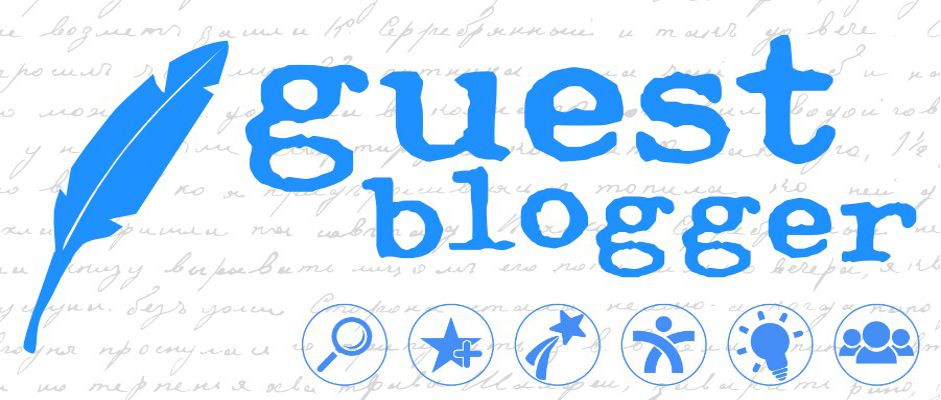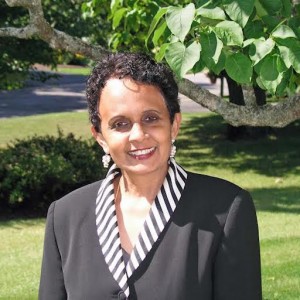
The Hidden Biases of Online Teaching

I hear it frequently. Online faculty have it easy. They work less than those who teach face-to-face and for one reason or the other. Their investment of time and effort in the course falls short compared to their peers who teach in classrooms.
Across institutions and disciplines, online faculty face the consequences of such misperceptions from their colleagues. Whether it be one or two colleagues or several, whether it be an occasional snide remark or a perpetual push, the issue of the “true” workload of online faculty seems to be the white elephant in the room.
In my conversations with other online faculty I realized that this was a universal issue. I often wondered how to convince my colleagues that this was not the case. My hobby is reading the literature about how the human brain works and as we all know from neuroscience, the brain seeks and find evidence for its beliefs. Rarely, if ever, any of us are willing to actively seek evidence that goes against our beliefs. We are right. We know we are right. And, the evidence somehow just pours in that further reiterates and solidifies our beliefs. In other words, confirmation bias creates our own “imagined reality” that is different from “true reality.” I realize I am a victim of this as well. Would I be willing to find and embrace evidence that online faculty work less than those who teach in classrooms? Absolutely not.
Hence, I no longer invest any time in perceptions about online faculty, besides inviting anyone who is genuinely interested in the work I do to become a guest in my classroom. No one has ever taken me up on my offer, even as the dinner gets cold!
“My invisible cognitive biases that lay hidden in the shadow of my teaching methods were grounded in my life experiences, which are not the same for every student”
However, this acceptance that this is not an issue worth fighting about has opened new vistas for me. Once I no longer felt the need to convince my colleagues about the value of online education, I found my colleagues became better listeners. I walked into discussions about online faculty and their workload with confidence and understanding. I realized that biases can be cancerous and that the more I paid attention to my own biases, rather than that of my colleagues, the more I could reflect and change for the better, both personally and professionally. I searched for biases in my own teaching methods and they were eye-openers. My invisible cognitive biases that lay hidden in the shadow of my teaching methods were grounded in my life experiences, which are not the same for every student.
The challenge of viewing the world through the eyes of every online student is neither easy nor always practical. Yet, this very understanding and awareness that I have hidden biases has opened a window of deeper awareness of my role as a teacher and a life-long student.
If you would like to be a guest author for the COTEhub, contact Erin Maney.